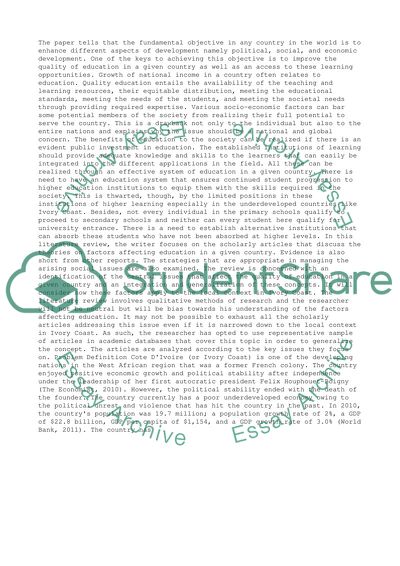Cite this document
(“Establishing a Technical College Dissertation Example | Topics and Well Written Essays - 3500 words”, n.d.)
Retrieved from https://studentshare.org/business/1394928-establishing-a-technical-college
Retrieved from https://studentshare.org/business/1394928-establishing-a-technical-college
(Establishing a Technical College Dissertation Example | Topics and Well Written Essays - 3500 Words)
https://studentshare.org/business/1394928-establishing-a-technical-college.
https://studentshare.org/business/1394928-establishing-a-technical-college.
“Establishing a Technical College Dissertation Example | Topics and Well Written Essays - 3500 Words”, n.d. https://studentshare.org/business/1394928-establishing-a-technical-college.


